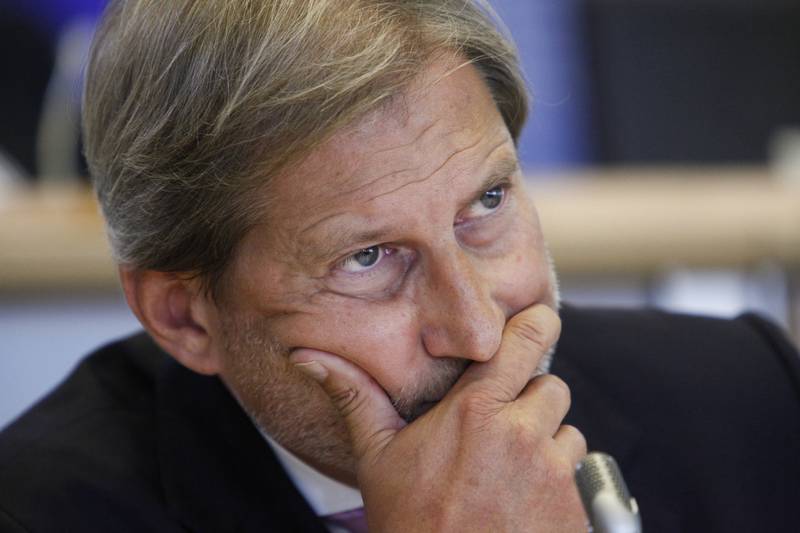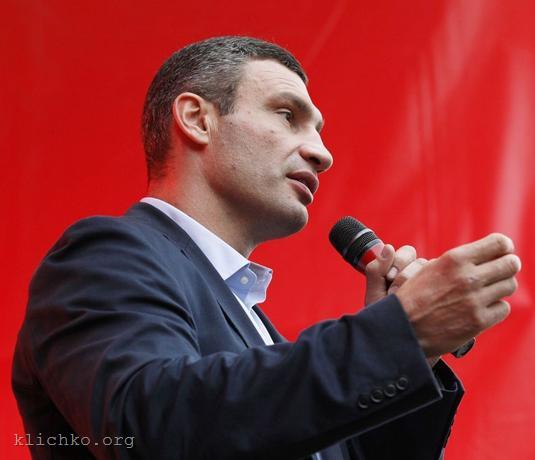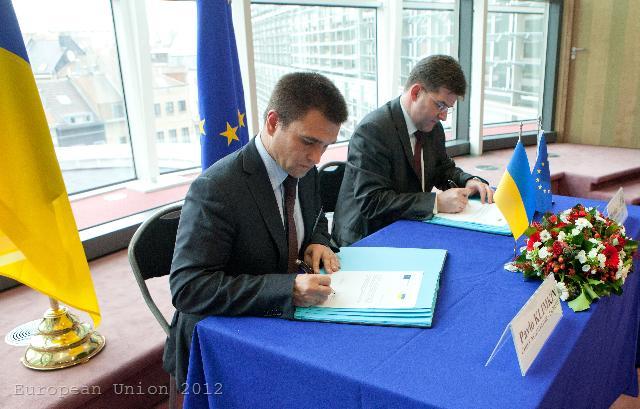Fear rules in Belarus
Irena Mihaylova, September 30, 2011
 Belarus exists geographically on Europe’s map but still refuses to integrate politically within. Twenty years after the fall of the totalitarian regimes in Central and Eastern Europe, and the collapse of the USSR, the country today is still famous as an island of dictatorship on the European continent, and its president - Alexander Lukashenko - as the last European dictator. The news that reach us from Belarus are on the edge of absurdity and evil - missing people, arrested journalists, beaten up opposition leaders and jailed defenders of human rights ... Today, amidst the Arab revolutions we cannot help but ask ourselves whether spring would come to Belarus. For sure harsh winter lies ahead circumstanced by the country’s serious economic crisis and rising inflation.
Belarus exists geographically on Europe’s map but still refuses to integrate politically within. Twenty years after the fall of the totalitarian regimes in Central and Eastern Europe, and the collapse of the USSR, the country today is still famous as an island of dictatorship on the European continent, and its president - Alexander Lukashenko - as the last European dictator. The news that reach us from Belarus are on the edge of absurdity and evil - missing people, arrested journalists, beaten up opposition leaders and jailed defenders of human rights ... Today, amidst the Arab revolutions we cannot help but ask ourselves whether spring would come to Belarus. For sure harsh winter lies ahead circumstanced by the country’s serious economic crisis and rising inflation.
The Soviet model fails … again
According Radio‘Free Europe data, now the economy of Belarus is at the brink of collapse. The Belarusian rouble has fallen by 36% against the dollar, inflation is about to reach between 55 and 75 percent, imported goods are scarce and the prices of basic products and services are growing every day. People, in turn, are quick to stock up with sugar and oil. In spite of a failed economy and a non-existing European Charter of Human Rights in Belarus, the last European dictator has a firm grasp and demonstrates clearly how should be ruled by force, repression, censorship and fear.
Since his inauguration back in '94, Belarusian President Lukashenko has governed in a Soviet-style with an isolated from globalisation and the EU state economy, and the KGB (as paradoxically the secret police is still called) for already seventeen years. In May, Lukashenko stated that the crisis was triggered by foreign governments and increased imports of foreign automobiles and warned that Belarus would have to shut its borders to foreign goods.
A Chronology of Fear
The history of Lukashenko’s rule is like a textbook for dictators. He came to power as a young, convinced pro-Russian and corruption-free politician just after the Supreme Council of Belarus had adopted in 1994 a constitution, in which the president was a head of government instead of the prime minister. Soon afterwards he proposed a referendum to increase his presidential powers. The moment Lukashenko met parliamentary opposition rather strange things started happening to the figures of dissent. Protesters were forcibly evicted at night under a pretext of a bomb search, and the building of the Belarusian national television was practically cordoned off by the police for security reasons.
At the end, the proposal for a referendum was adopted. In 1995 the referendum’s results returned the Russian language and the Soviet flag of red and green as official, triggered economic integration with Russia and entitled the president with the right to dissolve the Supreme Council. What follows afterwards are well known authoritarian methods of censorship, arrests of journalists and violent repression of dissidents. In 1996 in another referendum, the presidential term is increased to 5 years. After winning for a fourth consecutive time the presidential elections in December 2010, Lukashenko once again scandalised Europe with an organised beating of opposition candidates and arresting nearly 600 people during the protests that followed his ‘80 percent of the vote’ victory. The society reacts quietly at the repressive regime - with a harmless protest of clapping hands.
The Big Brother
The Belarusian status quo has always had Russia’s support behind its back. The country’s political and economic interests in the former Soviet republics are still a decisive factor. The territory of Belarus hosts a large part of the pipelines exporting Russian gas to Europe. Russia is also the biggest energy supplier to the country, selling cheap gas and non-tariff oil to Belarus until 2007, in exchange for hearty friendship and promises of loyalty and even for economic and monetary union between the two. However, "Big Brother" has lately contributed to the Belarusian crisis by increasing gas prices.
In June, it became clear that there will be a loan to Belarus from the Eurasian Economic Community (EurAsEC) worth 3 billion euros, and the price of Russian gas will decrease in 2012. News from the Russian radio The Voice of Russia confirms that Lukashenko had proposed Beltransgaz (the national gas company) and other key enterprises for privatisation to Russia's Gazprom. Belarus has also requested a loan from the International Monetary Fund in June, but strict conditions for structural reforms by the IMF had logically forced Belarus to accept a deal from Russia and EurAsEC. On the other hand, China has demonstrated solidarity by lending Belarus 1 billion euros.
Europe's values and the Eastern Partnership
Apparently in Belarus, the Europe of democratic values and liberal economies is  helpless. The EU itself is currently facing major challenges to overcome its own crises - both economical and political. The condemnations coming from European institutions and leaders, the imposition of visa bans on the Belarusian political elite, the support for human rights and other organisations for "Free Belarus", and, last but not least, the attempt to establish a dialogue within the Eastern Partnership, although not grandiose, are still important steps. Anyway, Europe has long been aware of what happens to dictators, even if events usually catch it by surprise.
helpless. The EU itself is currently facing major challenges to overcome its own crises - both economical and political. The condemnations coming from European institutions and leaders, the imposition of visa bans on the Belarusian political elite, the support for human rights and other organisations for "Free Belarus", and, last but not least, the attempt to establish a dialogue within the Eastern Partnership, although not grandiose, are still important steps. Anyway, Europe has long been aware of what happens to dictators, even if events usually catch it by surprise.
 Johannes Hahn | © European Parliament
Johannes Hahn | © European Parliament | © klichko.org
| © klichko.org | © European Union 2012
| © European Union 2012